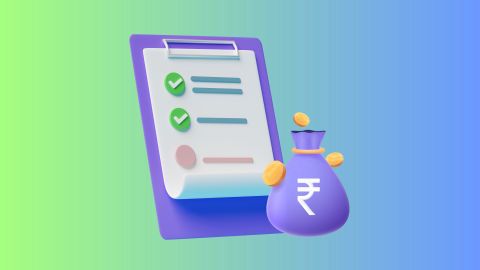In the realm of finance, collateral plays a pivotal role in securing loans and mitigating risk for lenders. Whether you are considering a mortgage, a personal loan, a car loan, or a business loan, understanding the concept of collateral is crucial. Some types of loans require collateral and some don’t. This comprehensive guide will delve into what collateral is, how it works, and the various types that exist.
What is collateral?
Collateral refers to assets or property offered by a borrower to a lender as a security for a loan. This serves as a guarantee that the lender can seize and sell the collateral to recover their losses if the borrower fails to repay the loan. In essence, collateral acts as a safety net, reducing the lender's risk and providing borrowers with access to loans they might not otherwise qualify for.
How collateral works?
When a borrower seeks a secured loan, the lender assesses the loan amount, interest rate, and terms. To secure the loan, the borrower must then pledge an asset of value as collateral. Common types of collateral include real estate, vehicles, stocks, bonds, or other valuable possessions.
In the event of default—when the borrower fails to meet their repayment obligations—the lender can take possession of the collateral. This process is typically outlined in the loan agreement and might involve selling the collateral to recover the outstanding debt. The value of the collateral often determines the loan amount and interest rates, providing a direct link between the asset's worth and the terms of the loan. There are personal loans available wherein you do not have to provide any collateral. Bajaj Finance provides collateral-free personal loans at competitive interest rates. Check out our personal loan interest rates, fees, and charges.
What are the types of collateral?
In case you are looking for a loan against a collateral, lenders generally consider the following types of collateral:
1. Real estate:
- Residential property: Homes and apartments.
- Commercial property: Office buildings, retail spaces, and warehouses.
2. Vehicles:
- Cars: Personal and commercial vehicles.
- Boats and aircraft: Watercraft and planes..
3. Financial assets:
- Stocks: Ownership in companies.
- Bonds: Debt securities.
4. Personal possessions:
- Jewellery: Valuable gemstones and precious metals.
- Art and collectibles: Fine art, antiques, and rare items.
5. Cash savings:
- Savings accounts: Money held in savings accounts.
6. Inventory and equipment:
- Business assets: Inventory, machinery, and equipment.
In the world of lending and borrowing, collateral serves as a crucial element that provides security and facilitates financial transactions. By understanding how collateral works and the various types available, borrowers can make informed decisions when seeking loans, while lenders can mitigate risks and ensure a smoother lending process. Whether it's a home mortgage, auto loan, or business financing, the role of collateral is fundamental in shaping the dynamics of the financial landscape.
Bajaj Finance offers unsecured personal loans, which do not require any collateral. The personal loan application process is simple. You can benefit from a long repayment tenure and the funds will be deposited into your account within 24 hours* of loan approval.
Bajaj Finance offers unsecured personal loans which do not require any collateral, with a tenure of up to 8 years, and the funds will be deposited into your account within a day of approval. You can also use the Bajaj Finserv Personal Loan EMI Calculator to determine the total interest payable. This calculator simply asks you to select your preferred loan amount, interest rate, and tenure to calculate your total cost of borrowing.




